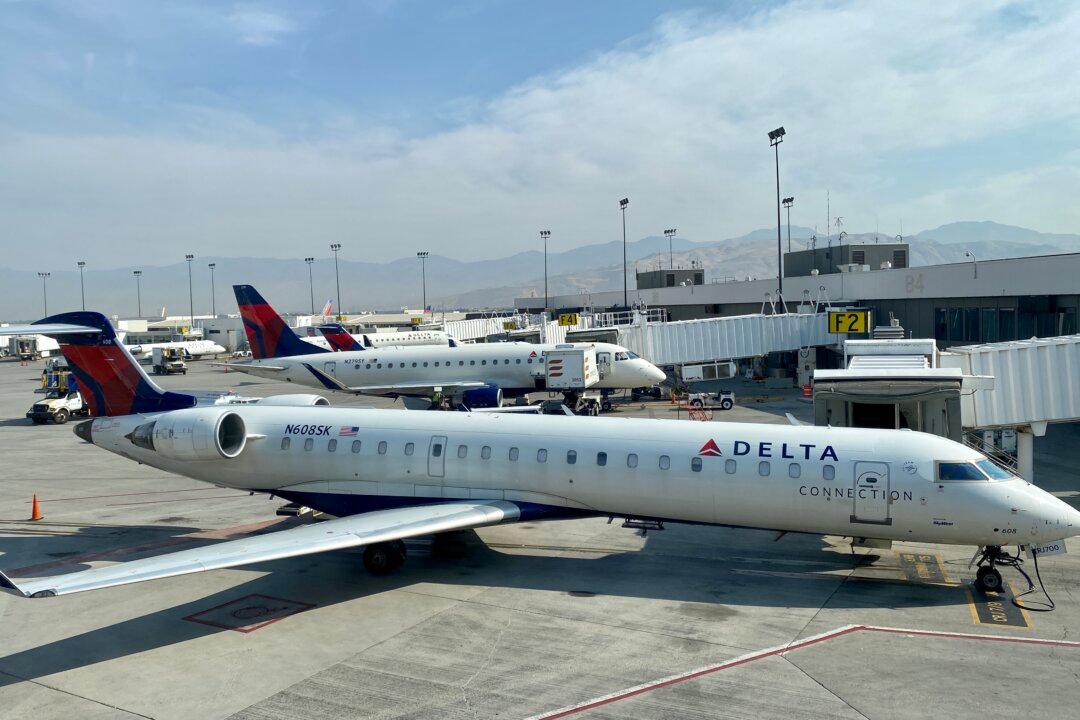Delta Airlines has agreed to pay more than $27 million in refunds to passengers whose flights the company canceled during the pandemic without providing refunds.
The class-action settlement was agreed upon between Delta Airlines and the plaintiff in May. The division of the U.S. District Court of the Northern District of Georgia in Atlanta granted a preliminary approval for the settlement in June. On Oct. 5, the court granted the final approval, thus allowing the settlement to be carried out. According to the agreement, settlement class members are eligible for $27.31 million from Delta.





